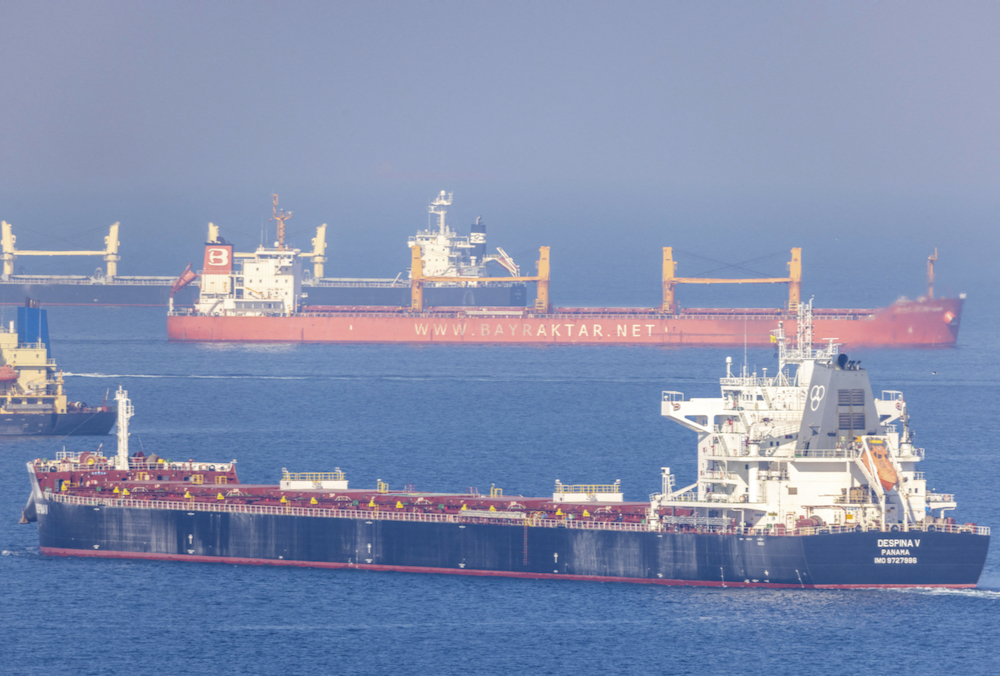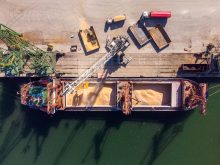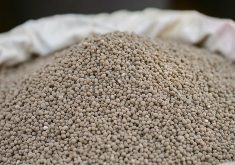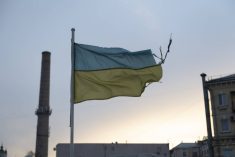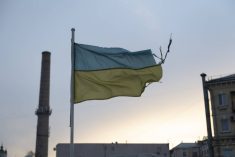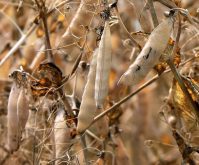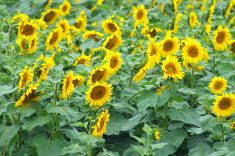Reuters — Russia said Monday it would be “inappropriate” to extend the Black Sea grain deal unless sanctions affecting its agricultural exports are lifted and other issues are resolved.
The Black Sea Grain Initiative, signed by Russia and Ukraine last July, created a safe corridor to allow grain to be exported from Ukrainian ports blockaded by the war.
The agreement, brokered by the United Nations and Turkey, was extended by a further 120 days in November and is up for renewal again next month, but Russia has signalled it is unhappy with some aspects of the deal and asked for sanctions affecting its agricultural exports to be lifted.
Read Also
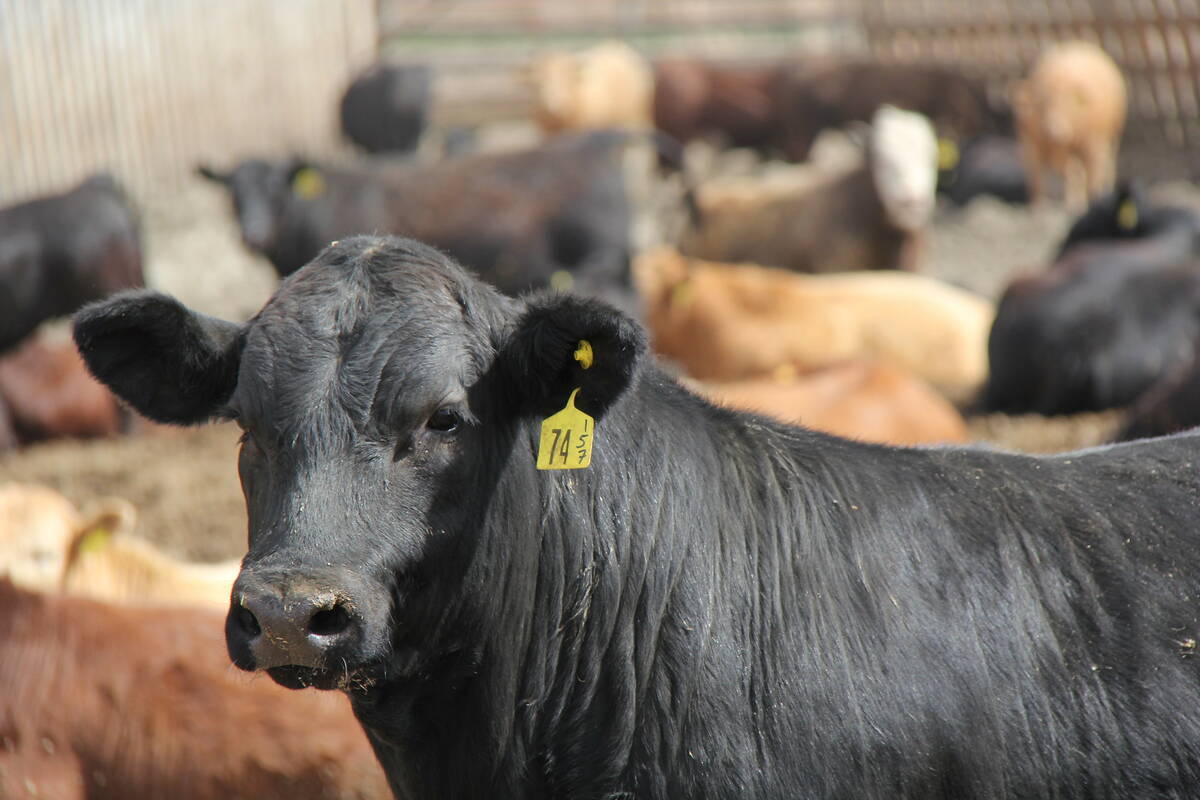
U.S. livestock: CME cattle futures climb on technical trading, rising wholesale prices
Chicago | Reuters – Cattle futures on the Chicago Mercantile Exchange rose for a second session on Wednesday in technical…
“Our position on the issue of a further continuation of the Black Sea Initiative remains the same,” Russian deputy foreign minister Sergei Vershinin said in an interview with the RTVI broadcaster.
“Without tangible results on the implementation of the Russia-U.N. Memorandum, above all on the real removal of sanctions restrictions on Russian agricultural exports… the extension of the Ukrainian document is inappropriate,” he said.
Russia’s agricultural exports have not been explicitly targeted by Western sanctions, but Moscow says blocks on its payments, logistics and insurance industries are a “barrier” to it being able to export its own grains and fertilizers.
— Reporting for Reuters by Caleb Davis.

